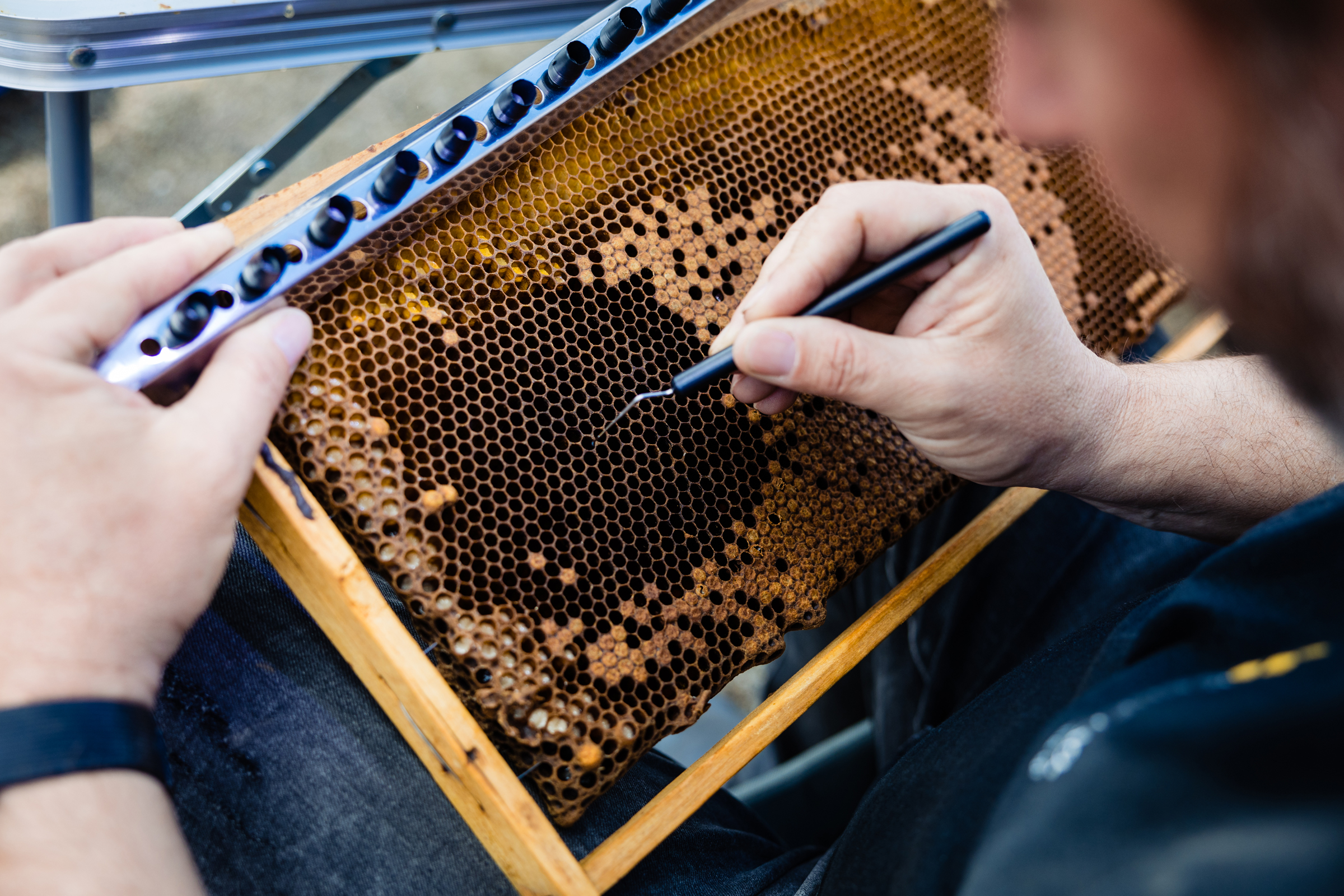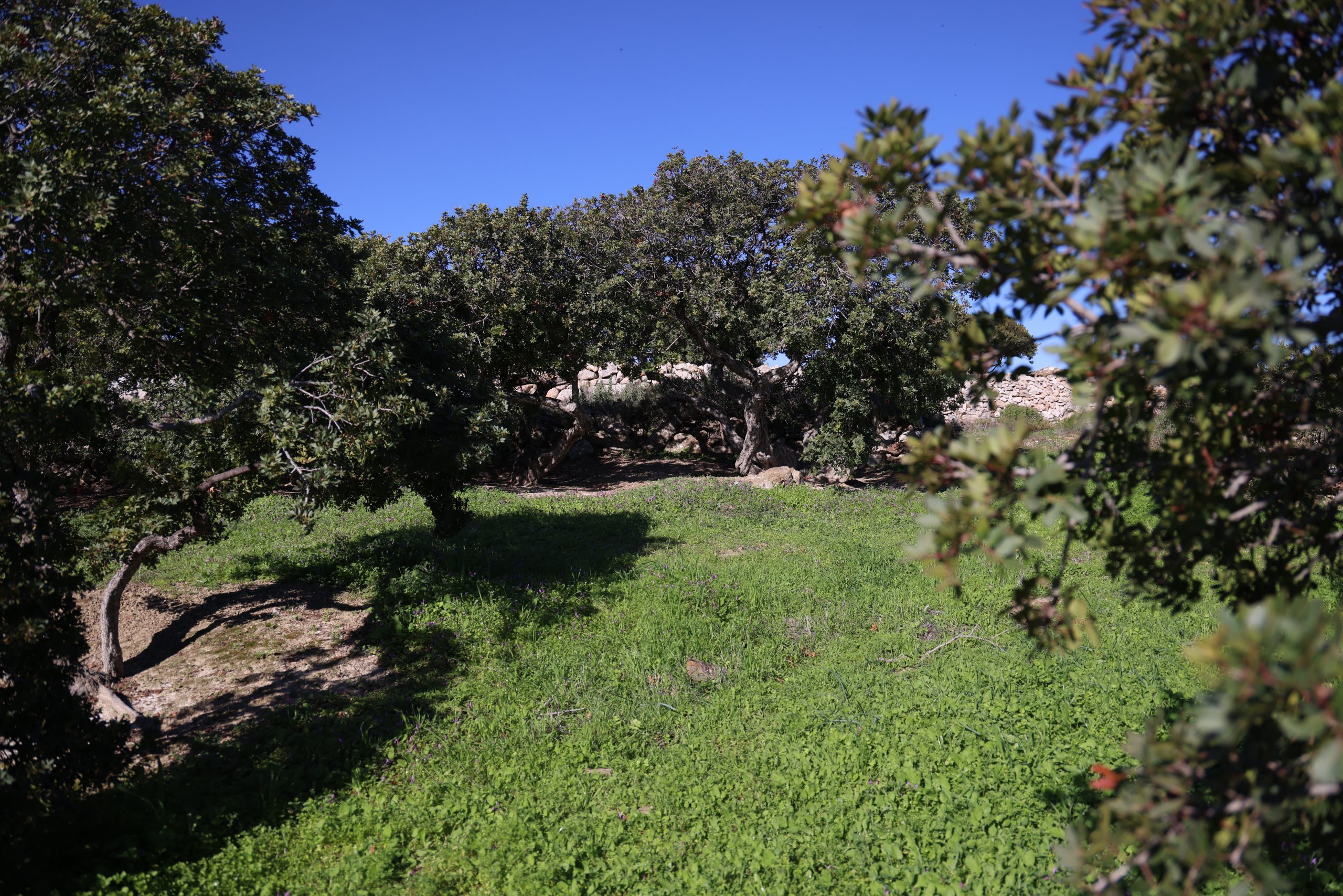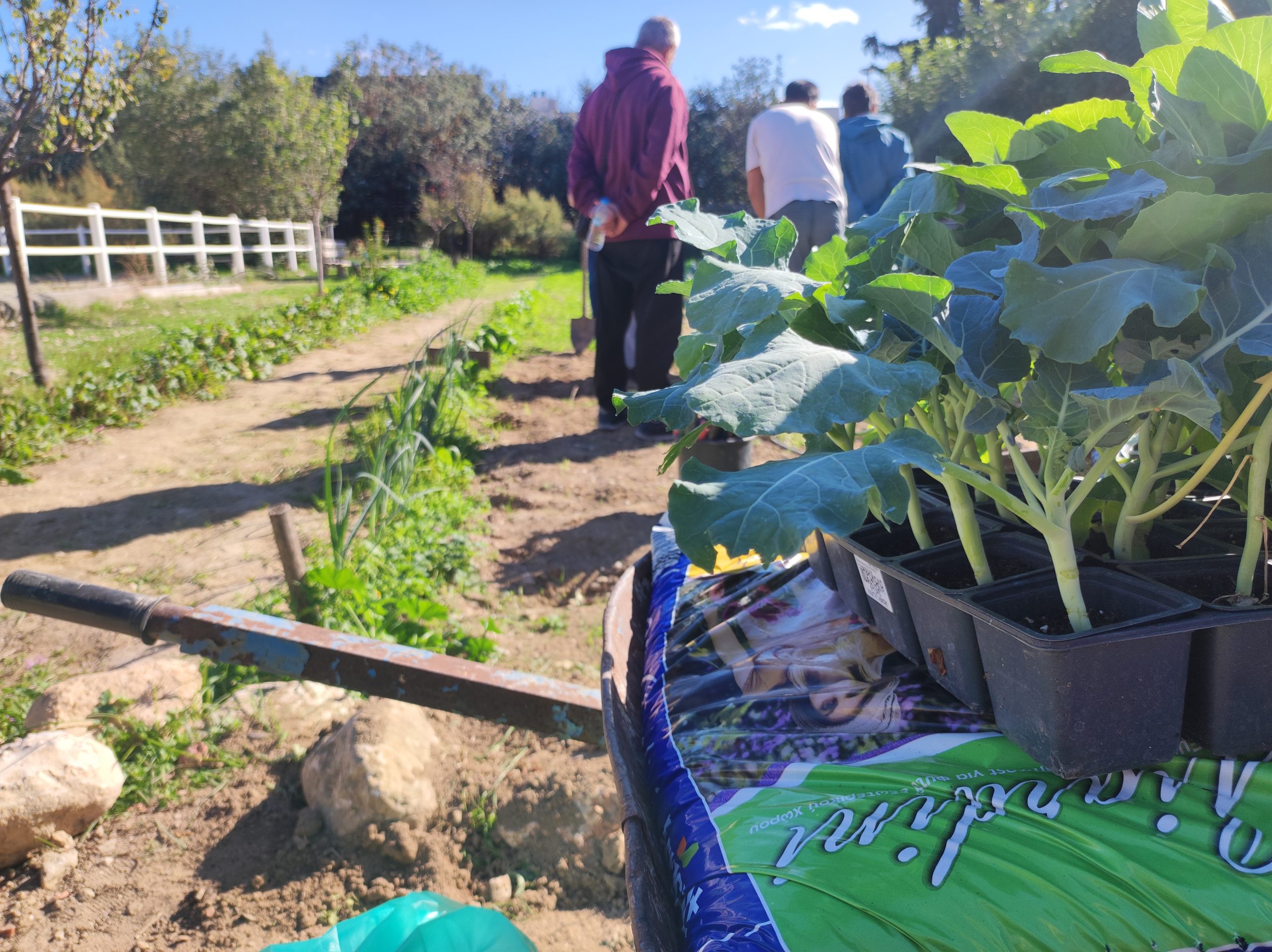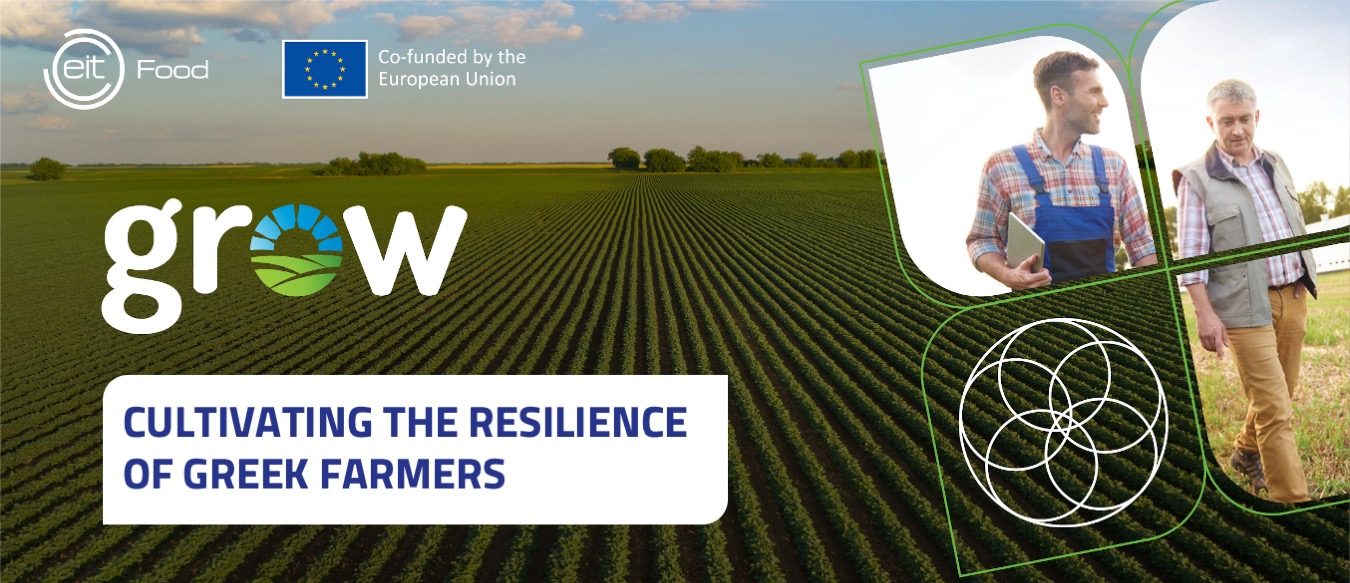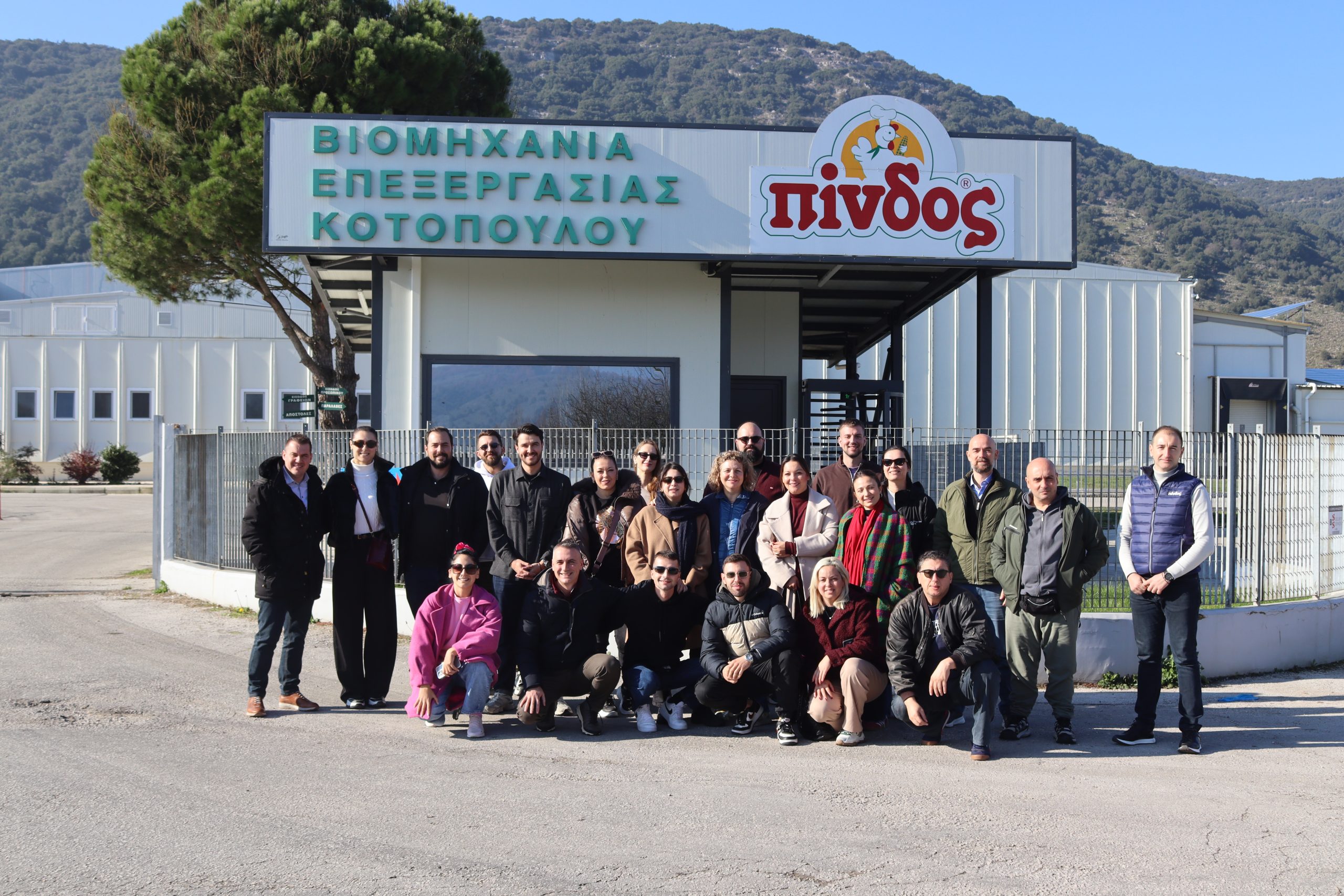With a large turnout and insightful discussions, TrophyΤροφή 2025 – The Event, the flagship gathering on innovation and sustainability in the agrifood sector, was successfully completed on Thursday, 4 December 2025, at the “Manolis Anagnostakis” Hall, Thessaloniki City Hall.
The event marked the culmination of this year’s TrophyΤροφή initiative, consistently implemented since 2019 by New Agriculture New Generation, through the founding donation of the Stavros Niarchos Foundation (SNF).
This year, the initiative included eight (8) highly successful TrophyΤροφή Meet-Ups, held across seven cities in Greece, with the participation of dozens of students, startuppers and representatives of the agrifood ecosystem. The Meet-Ups were organized in collaboration with universities, industry companies, local chambers, municipalities and regional authorities, significantly strengthening the connection between the new generation and innovation within the real economy of the agrifood sector.
The event focused on shaping a strategy to reinforce innovation and sustainability within Greece’s agrifood sector, highlighting the importance of entrepreneurship, green development and new technologies for the modern food chain.
The event opened with welcome remarks from:
-
Dimitris Voloudakis, General Programs Director, New Agriculture New Generation
-
Orestis Matanakis, Commercial Director, DS Smith Hellas
-
Rineta Mitsi, Corporate Affairs & Sustainability Director, Goody’s–Everest Group
-
Thomas Kotsopoulos, President, Department of Agriculture, Aristotle University of Thessaloniki
-
Petros Samaras, Dean, School of Geosciences, International Hellenic University
-
Konstantinos Kissas, Business Development & Operations Director, Evolve Entrepreneurship
-
Katerina Papathoma, Business Coach & Mentor, KEMEL / Business Advisor
Next, Stavros Papadopoulos, Entrepreneurship & Innovation Senior Manager at New Agriculture New Generation and Program Lead of TrophyΤροφή, presented a brief overview of TrophyΤροφή 2025.
He was followed by Machi Simeonidou, Managing Director of AgroApps, who delivered a highly engaging TrophyΤροφή Story, sharing her own path and experience in the agrotechnology sector.
The first panel discussion of the event, titled “Growing Innovation: Entrepreneurship & Innovation in the New Agricultural Reality”, featured:
-
Rania Menkisoglou, President of KEAGRO & Emeritus Professor, Department of Agriculture, AUTh
-
Stefanos Kamperis, CEO, Staramaki
-
Vasilis Sotiouroudas, Co-founder & COO, Centaur Analytics
-
Stella Psarropoulou, Officer, Project Planning & Monitoring Department, Thessaloniki Innovation Zone S.A.
The session was moderated by journalist Vivi Andritsou. Participants highlighted the new conditions shaping the agricultural landscape and the opportunities arising from digital transformation.
The event continued with an emotional TrophyΤροφή Story delivered by George Meleneklis, CEO of MENOIKIO, who shared his personal journey and the challenges he faced in developing a modern agrifood enterprise.
Following this was the second major panel of the evening: “Feeding the Future: Sustainable Models & Emerging Challenges in the Food Chain”, featuring:
-
Dimitris Aidonis, President, Department of Supply Chain Management, International Hellenic University
-
Athanasia Goula, Associate Professor, Food Science & Technology Division, School of Agriculture, AUTh
-
Sophia Lalou, Chair of Environmental Science Program, Perrotis College
-
Thanasis Bletsas, Sustainability Manager, MAKVEL – EURIMAC
The panel was moderated by Stavros Papadopoulos, Entrepreneurship & Innovation Senior Manager, New Agriculture New Generation. Speakers analyzed contemporary challenges in the food chain, the importance of sustainability and future perspectives.
The presentation of the winning teams from the TrophyΤροφή Meet-Ups 2025 followed. At the end of the event, the top business idea of the year was announced, marking the conclusion of a cycle of actions that strengthened innovation and startup entrepreneurship across the country.
The winner of TrophyΤροφή 2025 was BlueCrete, an interdisciplinary team from the Agricultural University of Athens. They presented an innovative and environmentally sustainable solution for the circular utilization of agrifood byproducts. The team consists of:
-
Zoe Kapsavti, Agronomist (AUA), MSc, specializing in agroecology and urban systems
-
Anna Louvari, Student, Department of Agricultural Economics & Rural Development (AUA)
-
Dr. Chryssi A. Papadimitriou, Assistant Professor, Laboratory of Ecology & Environmental Protection, Department of Crop Science (AUA)
-
Nikol Drosou, Student, Department of Food Science & Human Nutrition (AUA)
Their business idea focuses on using mussel shells as an alternative material to sand in concrete production, as well as a soil enhancer—proposing an innovative way to utilize a byproduct with significant benefits for the environment and sustainable development.
The overall coordination of the event was carried out by journalist Xrysa Foskoulou, who played a key role in maintaining flow and audience engagement.
The Event Sponsors were NISSOS Beer, Christodoulou Family Juices, Vital Nutrition Bars, and Dirfys Bottled Water.
TrophyΤροφή 2025 once again demonstrated its pivotal role in strengthening innovation and entrepreneurship in the agrifood sector, uniting the academic, research and business communities toward a shared goal: transitioning to a sustainable, innovative, and competitive future for Greek agrifood.
